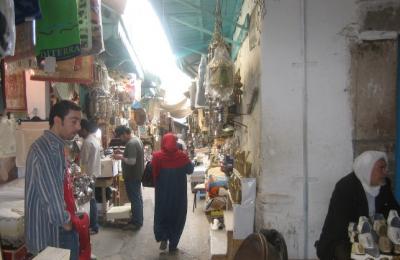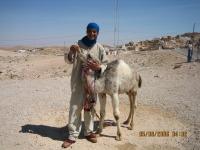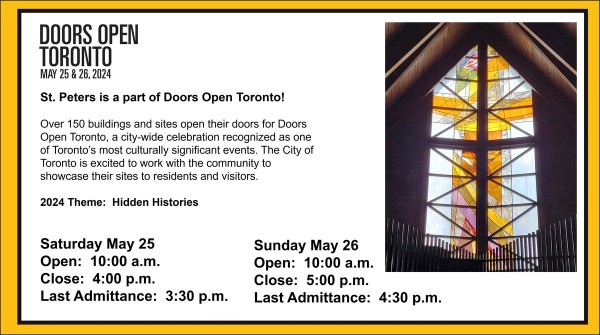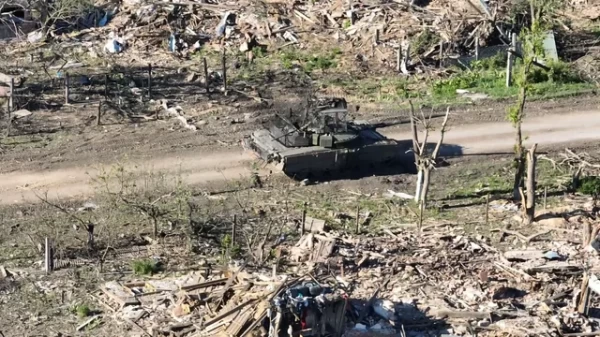Translated by Alliki Arro
I have that photograph framed on my wall. It means a lot more to me than distant and beautiful memories of my childhood. The only existing message from you to me in person is written on the back of that picture. I treasure it as I would a sacred relic. It is amazing how peace and quiet have been preserved on the photographic paper. The idyll was shattered in less than a year. Now more than half a century has passed since that time, and I am older than you were then. How quickly time has gone by! Where has this picture been during all this time? Remember, I was in Finland in October, 1939. Did you mail it to me there, or were you thinking about me the day you decided to write the dedication to me on the back? The fates decreed that the picture be preserved, so that it could, through some unfathomable means, find its way to me.
We had to go our separate ways when I was seven. I will try to give an account of the road taken without you - to recall some of the events and the people who walked that road with me whether for a long time, or only briefly.
As far as I was concerned, you went on an extended trip again in the summer of ‘40, just as you had done many times before. I don’t even remember when I saw you for the last time. I don’t remember the explanations I was given for your absence, presumably I asked for them, if not immediately, then a little bit later, because when you went on that particular trip, life changed dramatically for us.
One day, soon after your disappearance, the doors to our home were sealed, and as children, we were not even allowed to go near them. We were allocated one room in our basement on a temporary basis. We were not allowed to go upstairs. In the fall, we moved in with the Reiman family on Kase Street in Nõmme. We had two rooms and a kitchen at our disposal. Poika had to stay behind in the city. I asked for him to be brought to us in Nõmme - I was not satisfied with the explanation given to me that he was guarding our house in the city, when we ourselves lived in Nõmme. And I never saw Poika again. Later I heard that he had become vicious, and had been shot. Mother started to take a typing course, a skill which later enabled her to get work.
The families of Uncle Evald and Uncle Aleksander also moved to Nõmme and lived to-gether in a small flat. I remember that the only furniture in the flat seemed to be beds. Eva no longer went to the Commercial School for Girls in Tallinn, but to a school near us in Nõmme.
I don’t recall being sick much as a child, but in that winter 1940/41 I was really sick, frequently. Even being sick was different. I was often left by myself. I crawled under the bedcovers, and cowered there, afraid that I would be abandoned. I spent my birthday sick in bed. Usually we had had a lot of guests on my birthdays, now there was only one - Aunt Helma. She gave me a doll dressed in Estonian national costume. Was this meant to be some kind of a symbol? I overheard Aunt Helma and mother quietly discussing the departure of father’s sister Marie. Another mysterious trip? And to tell the truth, as far as I was concerned, Aunt Marie and her family had really gone away forever. Two days before my birthday, in March, they left for Germany.
After some time had passed, I found out why you were gone so long. Strangely enough, it did not come as much of a shock. For some time I had had a feeling that things were going badly for us and that all the changes we had experienced did not augur well for us in the future. I don’t remember even crying. But what I do remember is that at night when I was trying to fall asleep, I tried to imagine what it was like to be in prison. What always came to mind was the cage, where the wicked witch kept Hansel and Gretel. And no one could answer my question, “why?” One night, mother didn’t come home until the early hours of the morning. This had something to do with your being in prison. Now I was afraid that mother might be arrested as well. And then a question started to haunt me - if they put children in prison in fairy tales, can they do that in real life as well?
In the early morning of June 14, sure enough, they came to get us. In a truck. They had guns. For the most part they spoke to us in Russian. Ida and mother were packing things. The only Estonian-speaking man had said to pack winter clothes as well. I was crying. I was sorry to have to leave Ida and my beige stuffed dog behind. When the truck drove away, Ida was left standing at the garden gate, crying. I had put the little dog in my bed with its head on my pillow and covered it with my blanket, as I often did when I left home.
A train with cattle cars stood on a siding at Pääsküla station. The truck drove up to one of the cars and we were told to get in. They threw our luggage in after us. I had been on a train before, but not in a car like that. At each end of the car there were double bunks. Close to one side of the car they had made a hole to serve as a toilet. Daylight only came in through the four small barred windows close to the ceiling. There was no provision for washing. The train stood on the siding for a long time. It was Eva at the window who spotted them bringing the families of your brothers Aleksander and Evald (Aunt Gertrud and Õie and Jaak, and Aunt Helma and Toomas, Karin and Ines). For some reason, we were very happy about that. (To be continued)
LETTER TO MY FATHER (3)
Järjejutt
TRENDING






















